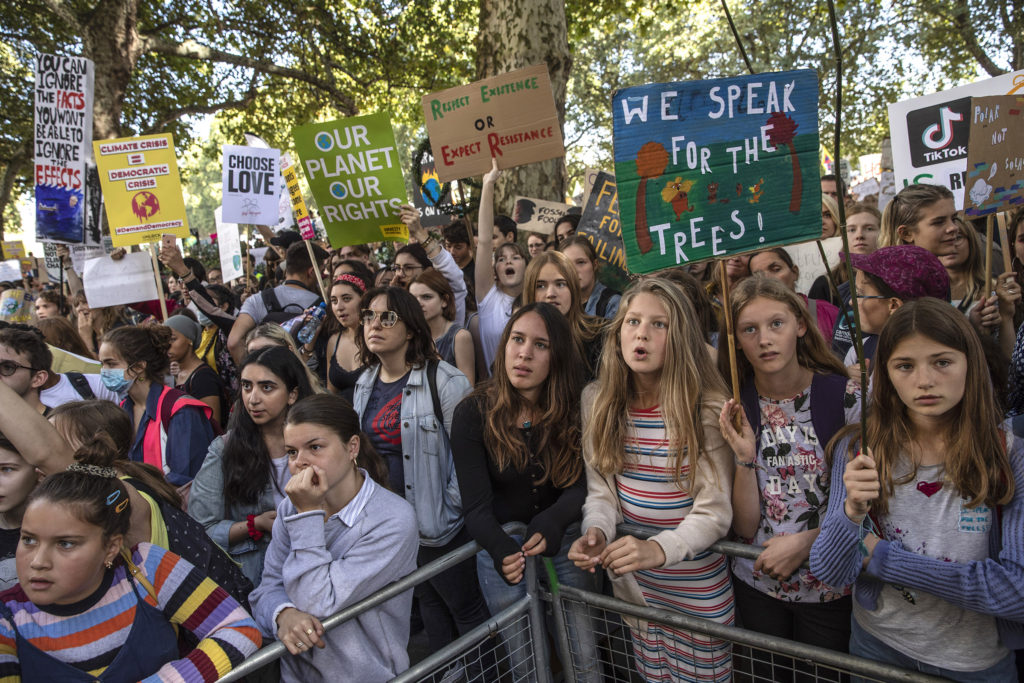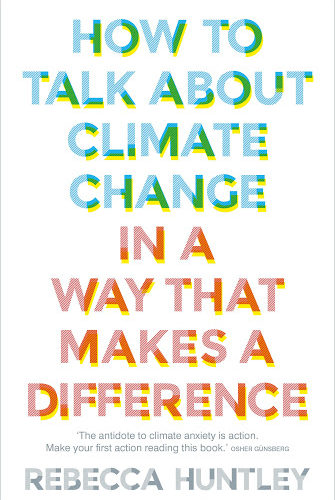“You can’t shame anyone into taking climate action.” That’s how I started the post of the same title back in January. That post was about Professor Katherine Hayhoe’s advice. This time it’s Rebecca Huntley, one of Australia’s most experienced social researchers. Rebecca’s new book has a similar message and explores how emotions play a role in our view on climate change.
Rebecca herself admits that she finds it hard to talk about climate change: “Climate change must be one of the hardest topics to talk about, surpassing sex and drugs and religion, on par with topics such as death and depression.” Why?
Well it turns out that even though the science of climate change is relatively orderly and neat, people are not. How a person responds to climate change messaging depends on how they see the world, their politics, values, cultural identity, even their gender identity.
So the first lesson is to stop arguing about the science and start being emotional. “We need a personal framework for the scientific data, an emotional wrapper around the rational material… The vast majority of us need a larger connection to the issues we care about and the social group we belong to if we are to be motivated to actually do something.”
The book explores research that shows that teenage girls are the most effective communicators when it comes to convincing the unconvinced on climate. Perhaps that’s why Greta Thunberg has become a worldwide phenomenon?
Rebecca tells how her own journey was sparked by the teenage school kids striking over climate change. There were signs “There are no jobs on a dead planet” and “Why should we go to school if you won’t listen to the educated?” It was as if those teenagers, their signs both funny and grave, were speaking to her. “And just then something shifted inside me,” recounts Rebecca.

So it seems that teenage girls instinctively know that when it comes to climate, it’s personal and it’s emotional.
Okay then, if emotions are important, which emotions? Well Rebecca examines them all with a dedicated chapter on the roles of Guilt, Fear, Anger, Denial, Despair, Hope, Loss and Love. She makes the point that even though “she has concentrated on one emotion per chapter…they are, in truth, very hard to isolate, and they work together in complex ways: fear and anger, hope and love, despair and fear, loss and love, and so on.”
The book concludes with a chapter on guiding principles covering a combination of helpful ideas on how to talk to others and personal rules for living in the climate age. My favorite principle is “Start with Love: you don’t have to start a conversation about climate change with climate change.”
I would add one other piece of advice: Buy Rebecca’s book and read it. It could make all the difference.
